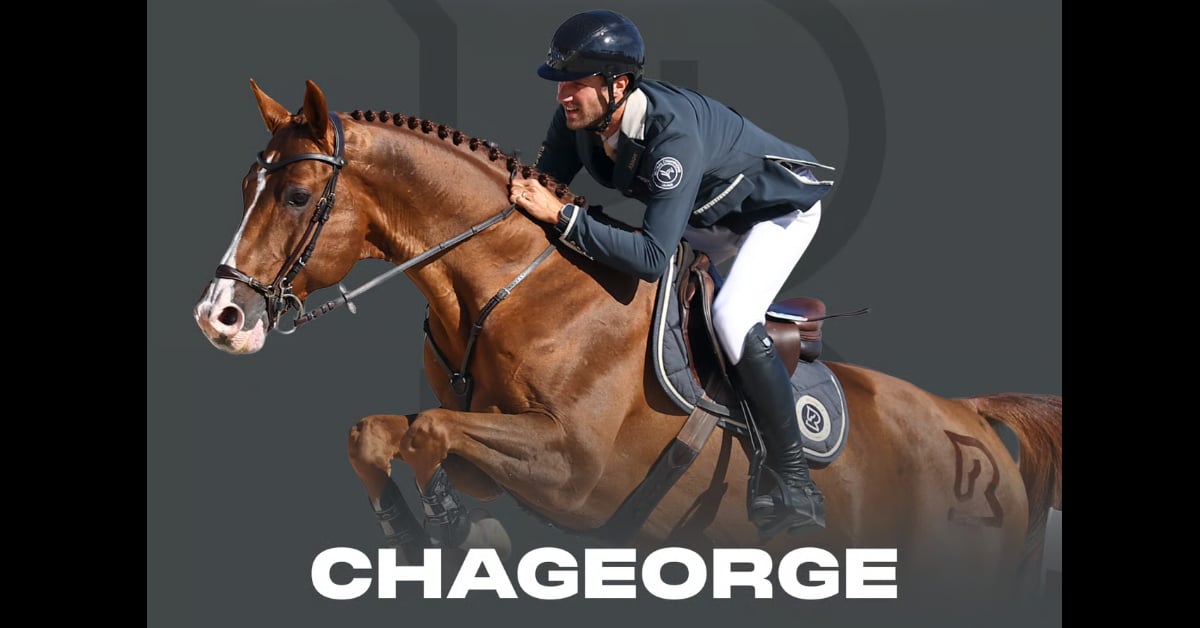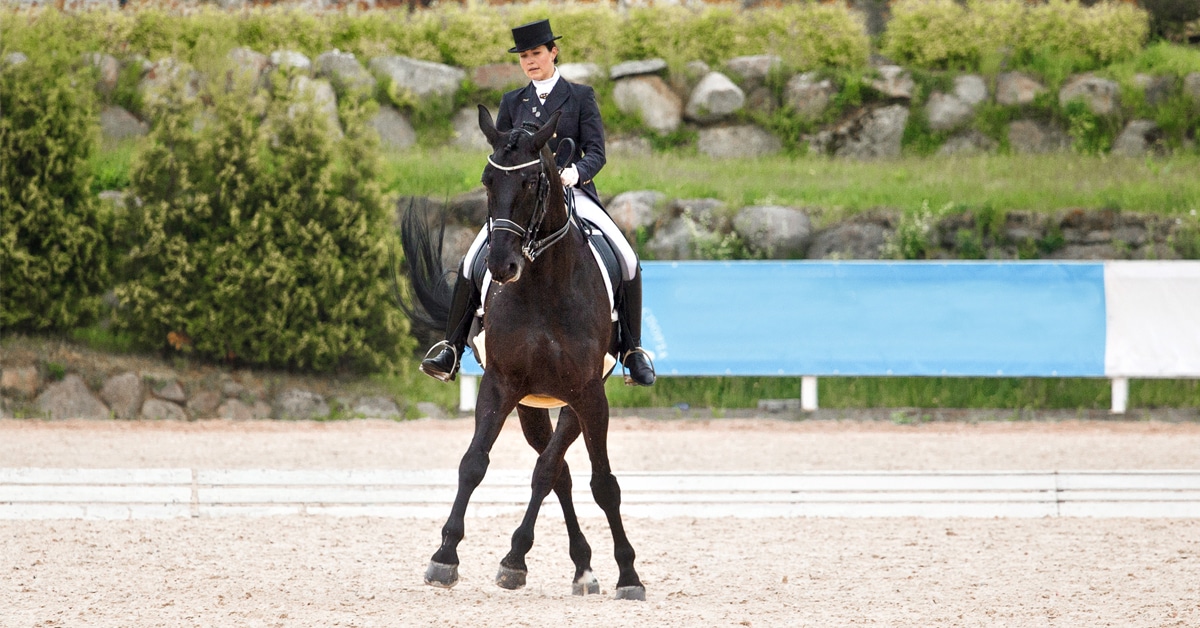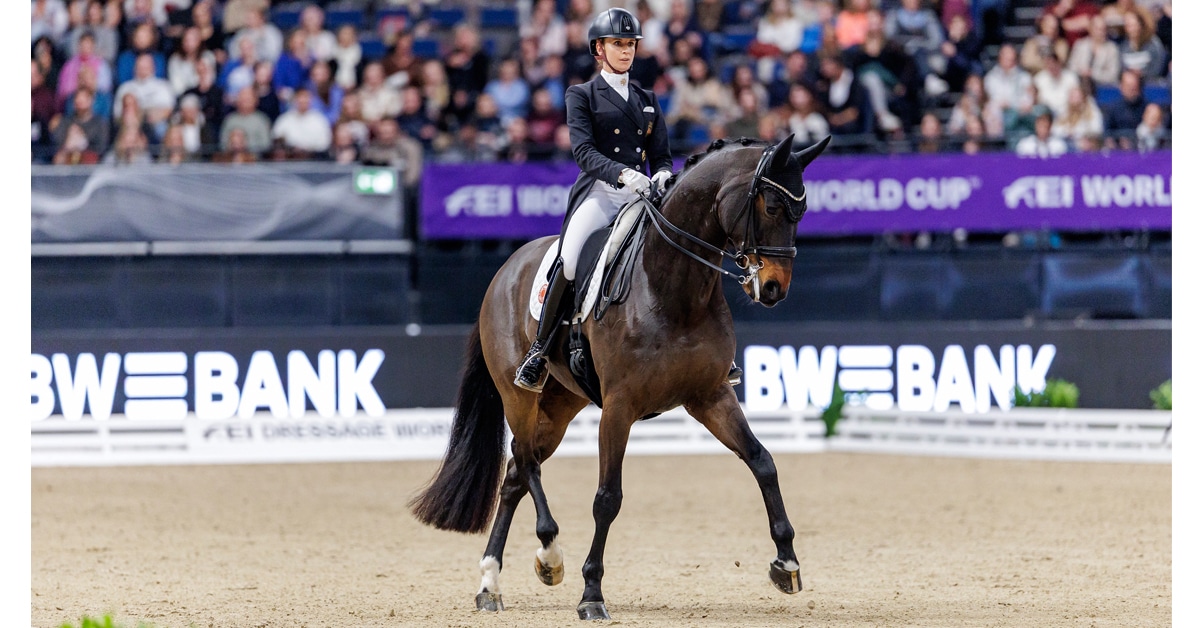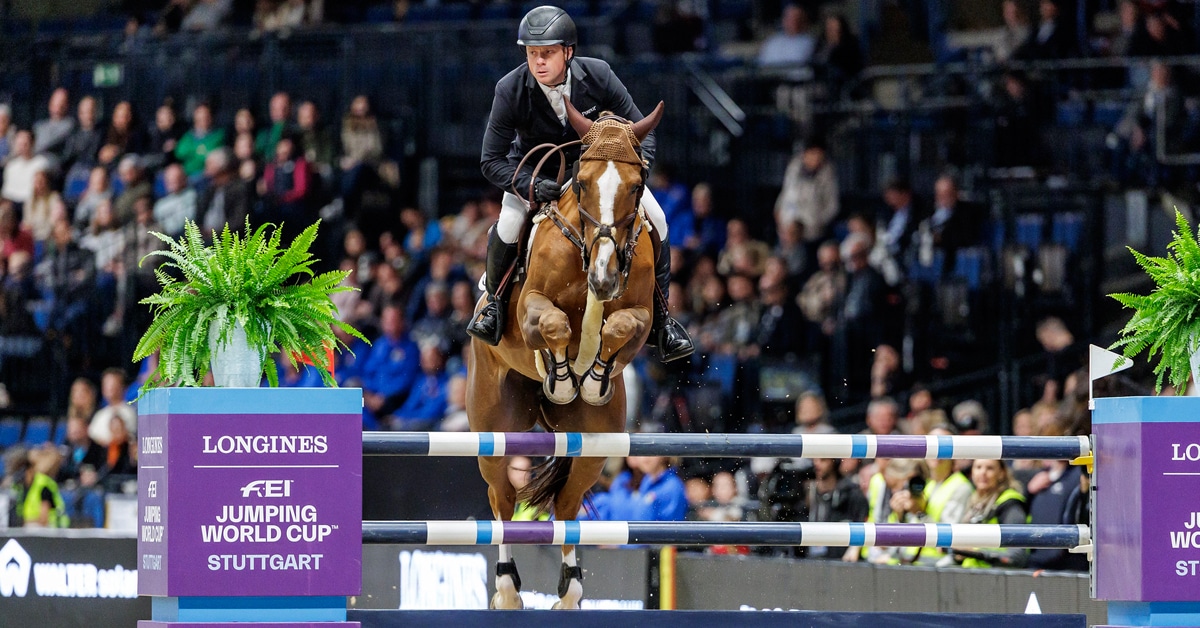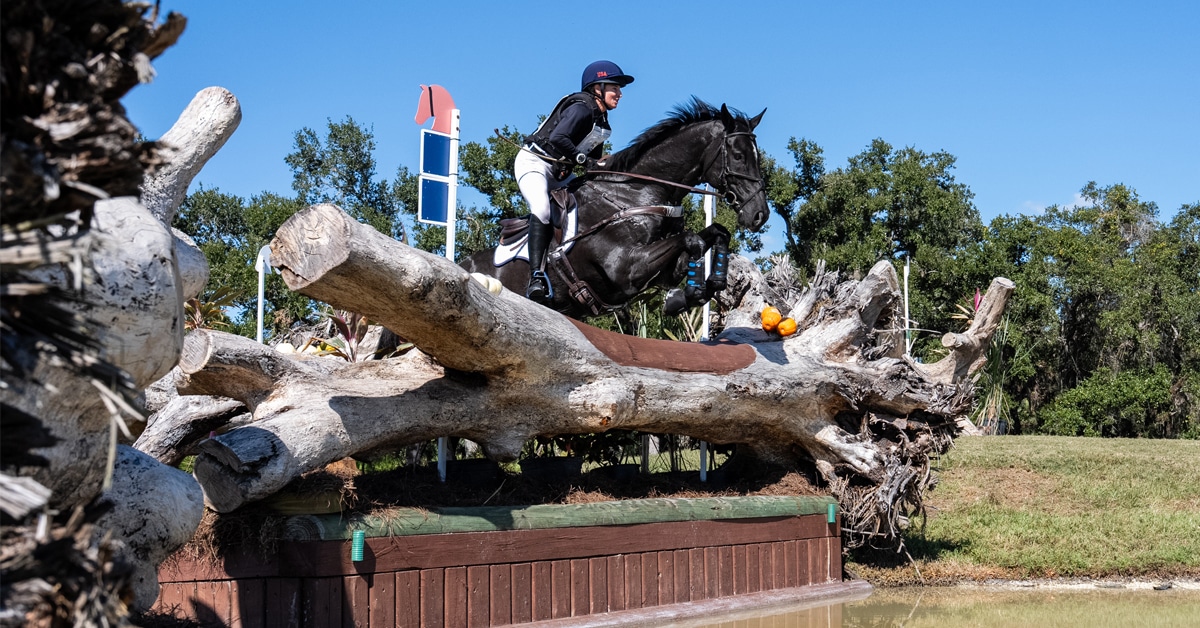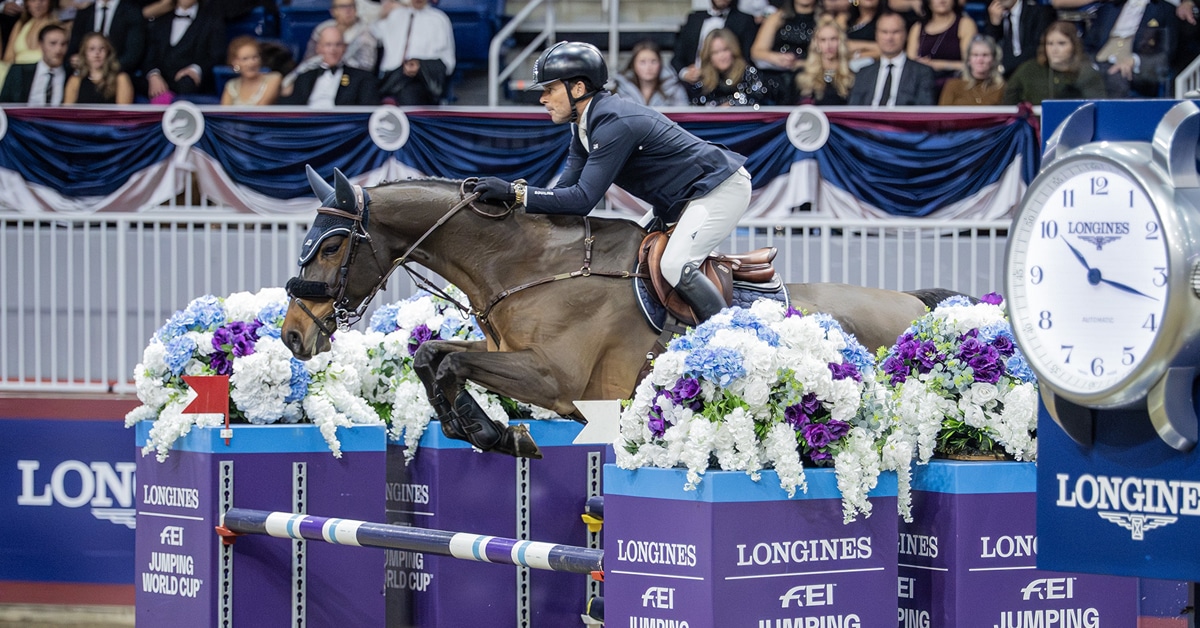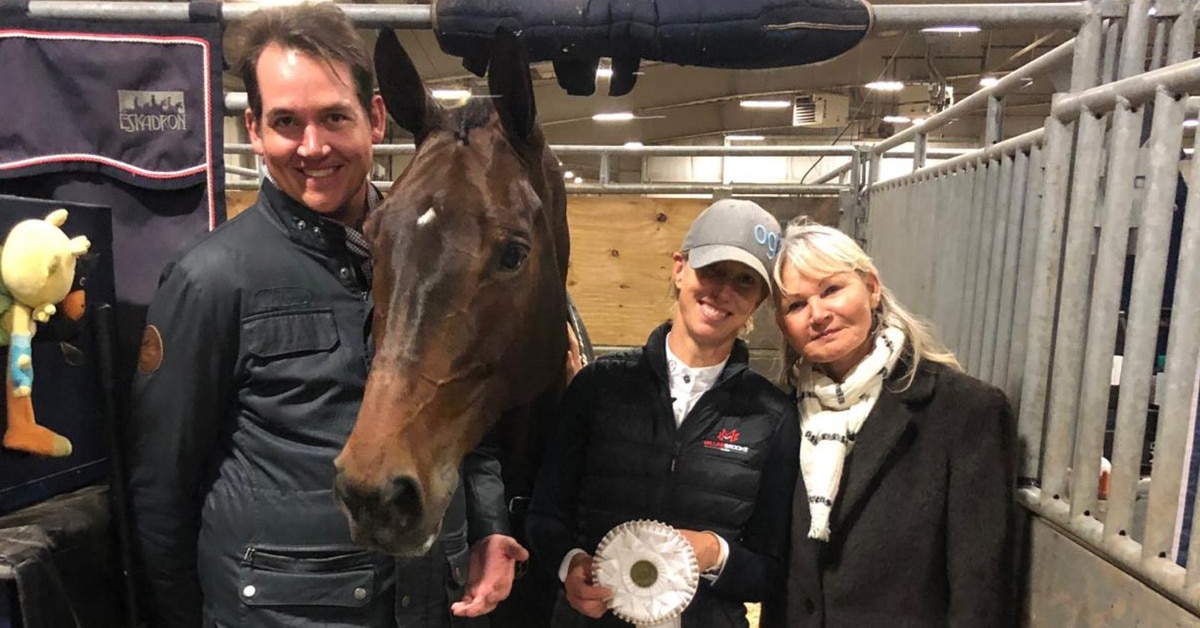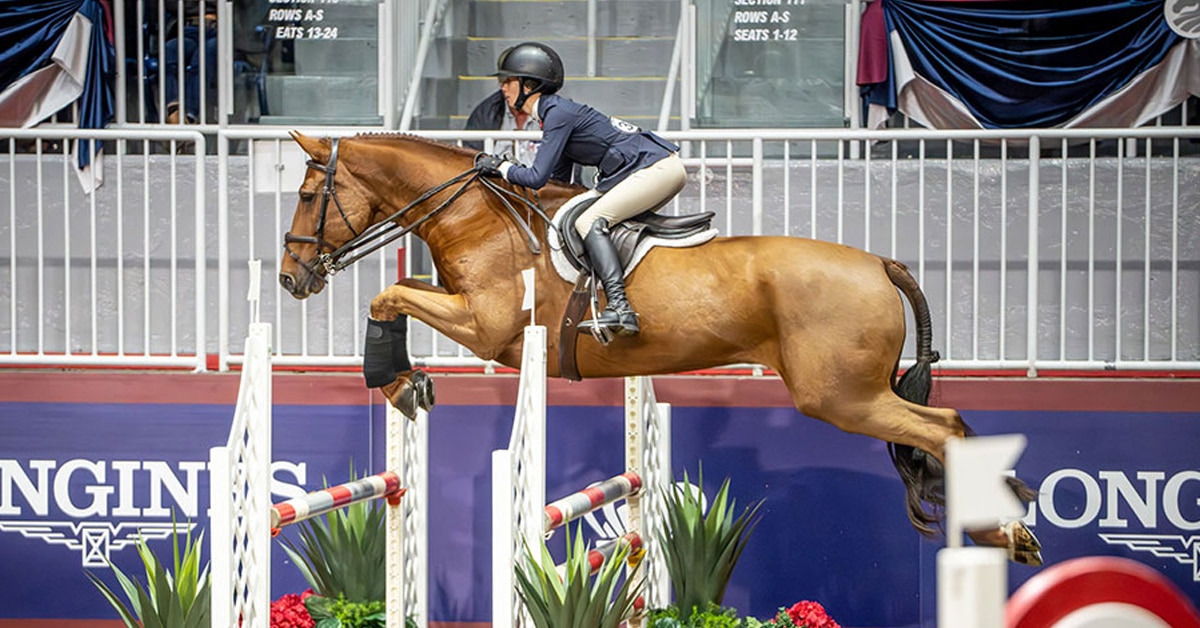
Three-time Paralympian Lauren Barwick.
The Para-Equestrian portion of the 2016 Rio Paralympic Games kicks off Sunday September 11th and runs through until Friday September 16th.
Riders from 29 nations will compete in the sport of Para-Dressage, which has been a Paralympic discipline since 1996. Canada will be represented by:
Athlete/Hometown/Horse/Owner
Robyn Andrews/St. John’s, N.L./Fancianna/Robyn Andrews
Lauren Barwick/Langley, B.C./Onyx/Equestrian Canada
Ashley Gowanlock/Surrey, B.C./Di Scansano/Wendy Christoff
Roberta Sheffield/Lincolnshire, UK/Double Agent/Roberta Sheffield
Robyn Andrews, 33, has a story that defies the odds. While undergoing brain surgeries to remove a tumour and relieve pressure on her brain, doctors accidentally hit a main artery, causing her to have a massive stroke, resulting in paralysis. Today, she not only rides, but is able to lead her own horse, and continues to amaze the medical community. Read more.
Lauren Barwick, 39, is one of Canada’s most successful equestrian athletes. A three-time Paralympian, she has won more medals at major games than any other Canadian rider to date. Her most exceptional results came at the 2008 Beijing Paralympics, where she earned individual gold and silver medals. Barwick also brought home Canada’s only medals from the 2014 FEI World Equestrian Games after earning individual silver and bronze. Read more.
Ashley Gowanlock, 29, began riding at the age of two, after being diagnosed with Cerebral Palsy, in order to provide physiotherapy and help with her balance. She was soon hooked, and has been riding ever since. In 2006, she made her debut on the Canadian Para-Dressage Team in Langley, BC. Read more.
Roberta Sheffield, 35, began riding at the age of six, and due to her dual Canadian/British nationality, has had the opportunity to train and compete in both Canada and Great Britain. Sheffield started her international career by representing Great Britain, but is now an integral part of the Canadian Equestrian Team. Read more.
The athletes will be supported by team coach Andrea Taylor (Surrey, B.C.), who said, “I’m really excited about the para-dressage athletes who will be representing Canada at the Rio 2016 Paralympic Games,” said team coach Andrea Taylor. “They have all worked extremely hard to earn a spot on the team. Everyone sees them at their competitions on the stepping stones toward a successful result in Rio, but they don’t see them putting in all of the many hours, both on and off the horses, at home. Between competitions they focus on bringing together what works best for them and their horse – mentally, physically, and strategically – resulting in the most tried and true path to the podium. I wish them all the best in Rio.”
According to the FEI, “competitors are classified according to their level of impairment. The competitor’s mobility, strength and coordination are assessed in order to establish their classification profile. People with similar functional ability profiles are grouped into competition Grades. The Grades range from Grade Ia for the most severely impaired, to Grade IV for the least impaired. The competition within each Grade can therefore be judged on the skill of the individual competitor on their horse, regardless of the competitor’s impairment.”
The competition schedule is as follows:
Sun. Sept. 11 – Team Test – Grade III
Sun. Sept. 11 – Team Test – Grade Ib
Mon. Sept. 12 – Team Test – Grade IV
Mon. Sept. 12 – Team Test – Grade Ia
Tues. Sept. 13 – Team Test – Grade II
Tues. Sept. 13 – Ind. Championship Test – Grade III
Wed. Sept. 14 – Ind. Championship Test – Grade IV
Wed. Sept. 14 – Ind. Championship Test – Grade Ib
Thurs. Sept. 15 – Ind. Championship Test – Grade III
Thurs. Sept. 15 – Ind. Championships Test – Grade Ia
Fri. Sept. 16 – Ind. Freestyle Test – Grade III
Fri. Sept. 16 – Ind. Freestyle Test – Grade IV
Fri. Sept. 16 – Ind. Freestyle Test – Grade Ib
Fri. Sept. 16 – Ind. Freestyle Test – Grade Ia
Fri. Sept. 16 – Ind. Freestyle Test – Grade II
Get news and updates here.
More News
